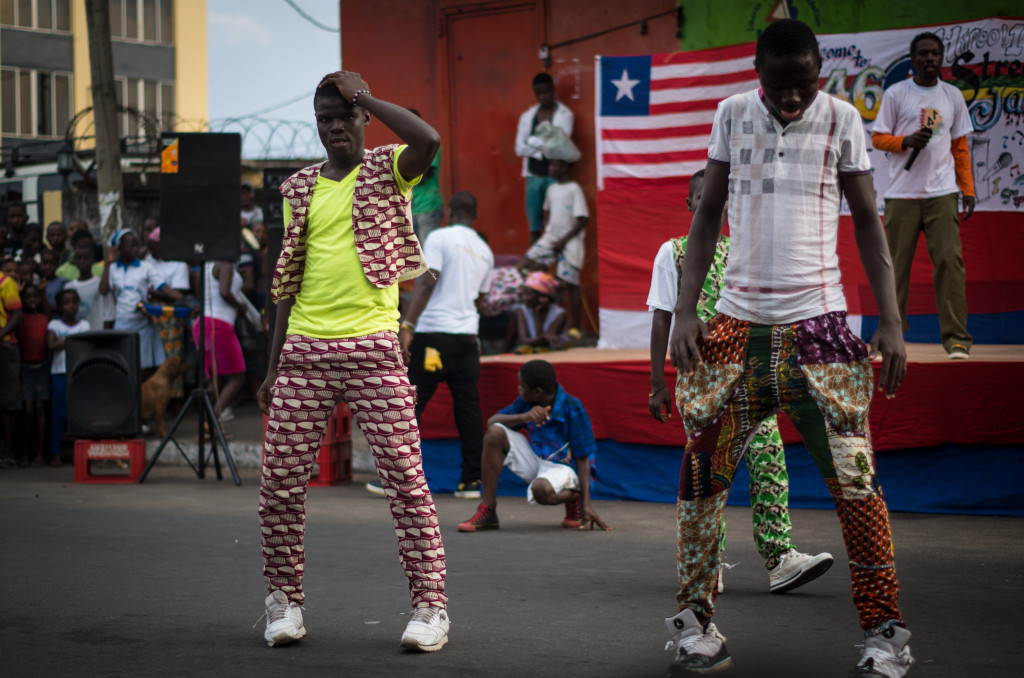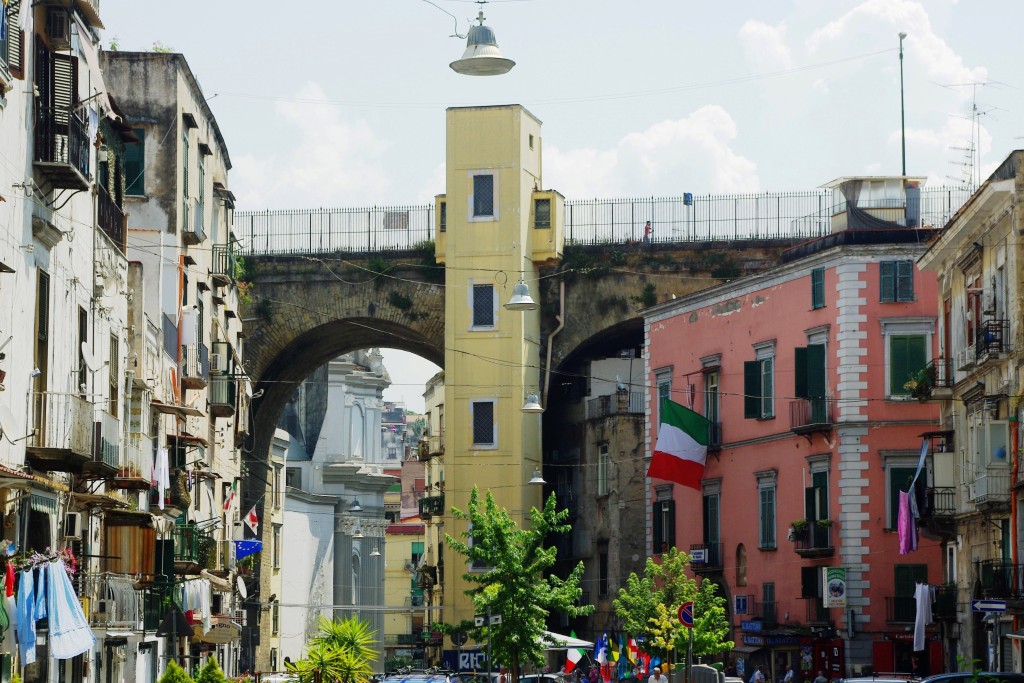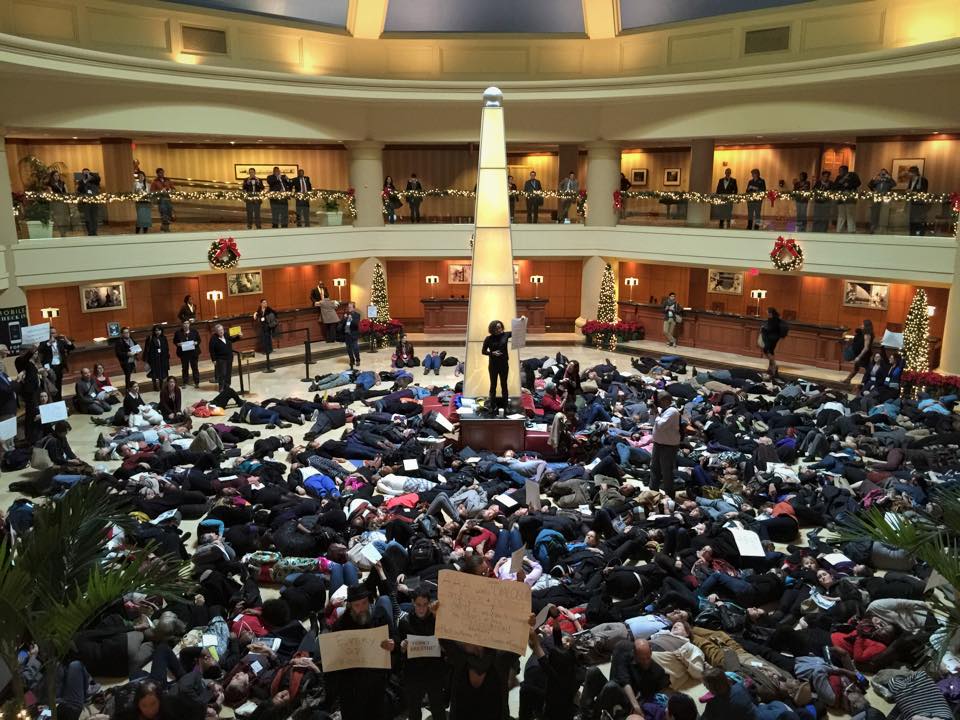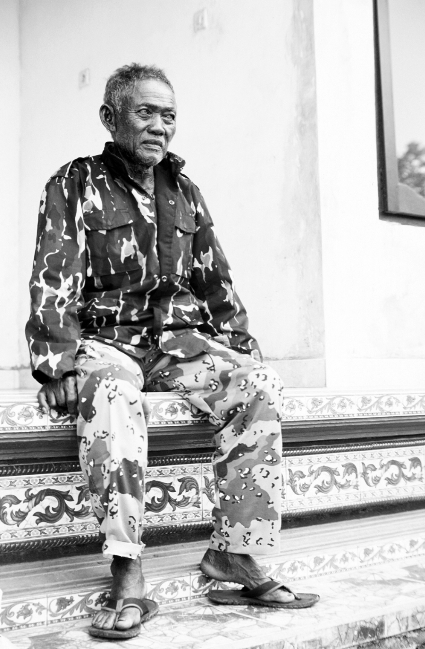Haiti Photography Project: a quick seven day experiment
Technology for development projects (T4D) typically import expensive and unsustainable equipment when trying to improve a situation. The one laptop per child project is an example of a typical T4D kind of initiative. Although its laptops are, for the world of laptops, inexpensive, their cost is still prohibitive in the places where they are deployed. […]
Jamaica: A Queer Place
The dump in Riverton has started burning again. A stinking heap of tires, plastic, chemicals, and other run-off, piled high as if an altar to the consumptive labors of residents of Kingston and its surrounding parishes, has confounded slack-handed and resourced-challenged responses to this now familiar but more ferocious blaze sending children to hospital, forcing […]
Burying Minority Istanbul: Last Glimpses of the Cosmopolitan City
April 24, 2015 marks the 100th anniversary of the Armenian Genocide of 1915 at the hands of the Ottoman Empire in what is current-day Turkey. Anthropology Now is pleased to share this piece on contemporary Turkey and reflections on the genocide by journalist Mary D’Ambrosio. We’d disturbed them at dinner, and they leapt up in […]
Fighting an Invisible Enemy in Liberia: the Use of Popular Culture Against Ebola

“I want to do it my way – I wish I had my own way,” sings Takun J., Liberia’s own superstar. Today he performs at an “Anti-Ebola-stigmatization event” at 146, a bar in downtown Monrovia. Together with other artists Nasiman, Butterfly, Peaches and Skeet, he begs Liberia not to discriminate against Ebola survivors. The event, […]
Riots, Rage and Populism: Voices from the Austere City

Pope Francis for President. It’s the latest provocation of Italian comedy sketches, but it generates bitter laughter. It speaks to the burgeoning lack of trust not only in traditional politicians, but also in political parties, mechanisms and institutions. It signals despair and disillusionment. There is reason to be concerned. Muhammad Shahzad Khan, a Pakistani resident, […]
Recalled to Life: On the Meaning and Power of a Die-In

Die-in at the 2014 annual meeting of the American Anthropological Association. Photo credit: Aries Dela CruzI have never died before. In the beginning of December, at the annual meeting of the American Anthropological Association in Washington, D.C., I made my way down to our hotel’s main lobby with a few of my friends, to join […]
Refusing to Look Away: The Act of Killing and the Indonesian genocide of 1965

The Act of Killing (2013). A Film by Joshua Oppenheimer. In the mid 1990s I was conducting transcultural psychiatric research in Bali, Indonesia, exploring the relationship between Balinese culture, individual experience, and the long-term outcome for severe mental illness. Engaging in person-centered ethnography, I interviewed a number of individuals on a weekly or monthly basis […]
What Jason Richwine Should Have Heard from his PhD Committee
In one of the latest academic-cum-political dust ups, Jason Richwine, formerly of the Heritage Institute, co-authored a study estimating the “cost” of regularizing the immigration status of the undocumented. Imagined by the Heritage Foundation as a high profile and hard-hitting attack on proposed immigration reform, the study was widely criticized by both liberals and conservatives […]
Health Workers’ Lives On The Line
In December, nine Pakistani health workers, most of them women, were murdered as they went door-to-door delivering polio vaccines to the children of their neighbors. Media attention to this event has focused on the fact that the CIA recently used a fake vaccination campaign as a cover when searching for Bin Laden, claiming to be […]
Language Politics in South Africa
Anthropologist and linguist Dr Mark Turin travels to South Africa to get to grips with the country’s complex language politics and policies. Until the mid 1990s, there were just two official languages, English and Afrikaans, while other indigenous African languages were sidelined. Today the situation is different, with eleven official languages recognized by the Constitution […]

